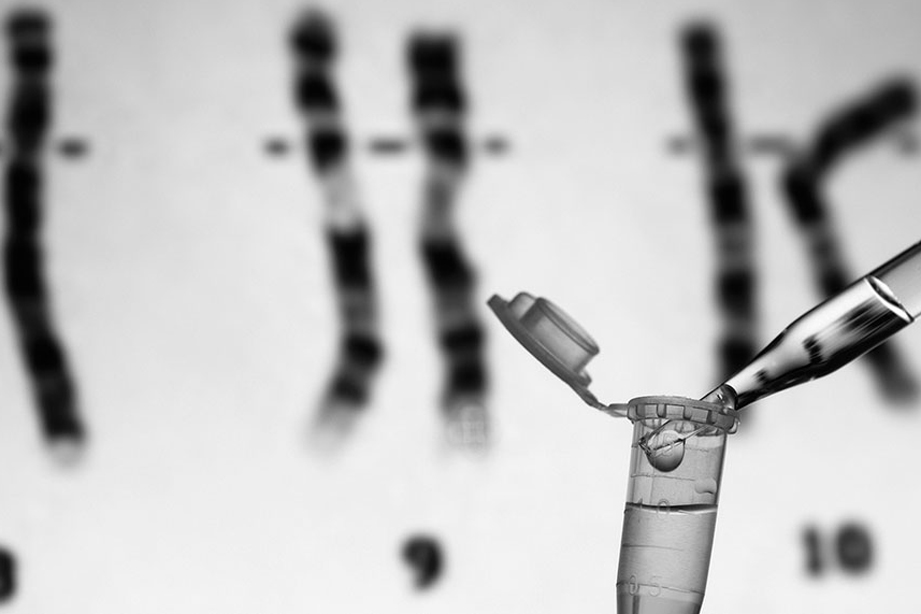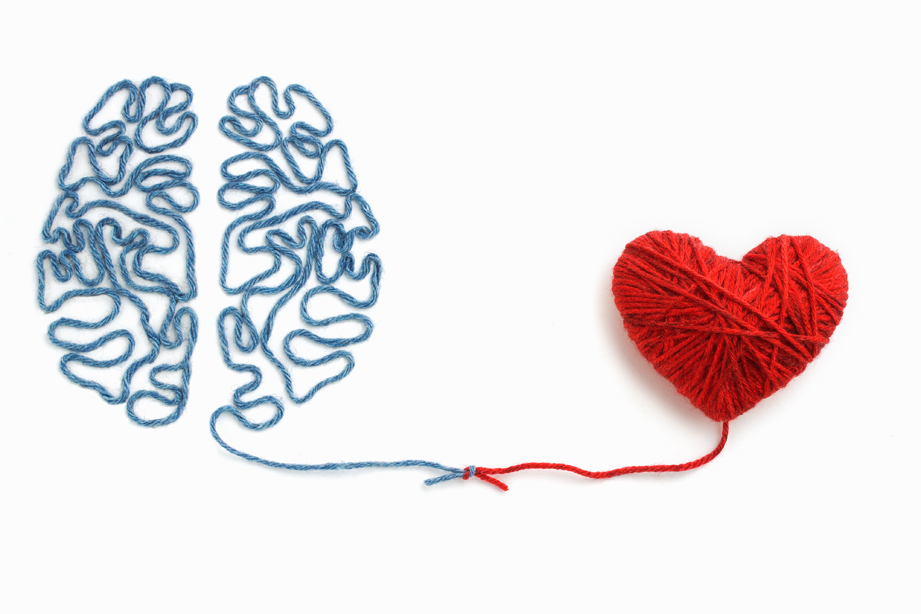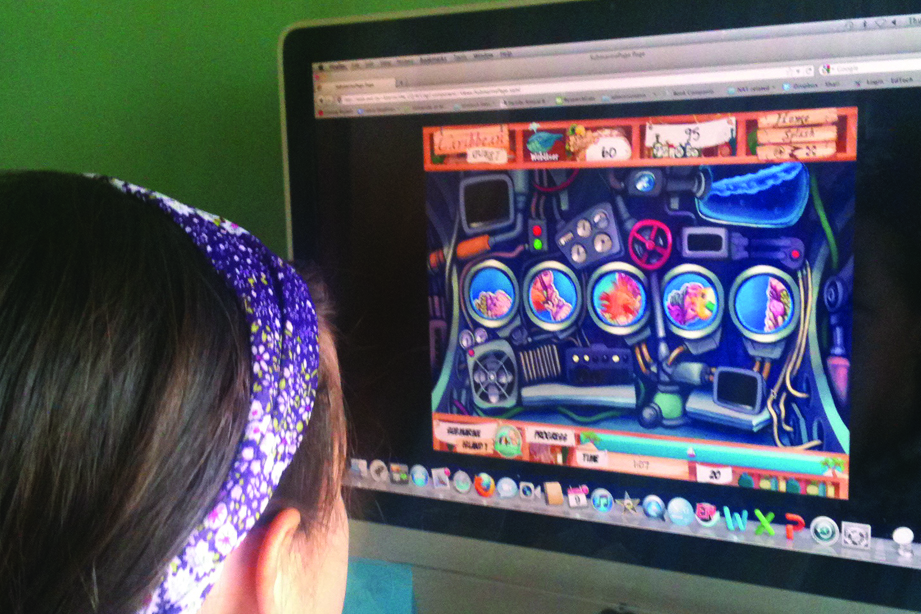Challenge When a child receives an FASD diagnosis, families are often left feeling isolated and unsure where to turn to next. A major challenge for caregivers is finding what resources exist to help their child and how to access them. Project Summary KBHN researchers worked with community partners to design the Fetal Alcohol Resource Program [...]
Finding New Ways to Identify and Diagnose FASD in Young Children
Nicolas Turgeon-Morin2023-05-04T06:31:00-08:00Challenge The process of receiving an FASD diagnosis is costly and time-consuming—it requires a multidisciplinary team and several days of testing. Many children are not diagnosed until they are school-aged, despite strong evidence that early intervention (less than three years old) can help improve long-term outcomes. Finding a way to assess and identify children before [...]
Eye Movements to Screen for FASD
Nicolas Turgeon-Morin2023-05-04T06:31:52-08:00Challenge Children often wait a long time for an FASD assessment, which means it takes longer for them to access supports. A team led by Dr. James Reynolds (Queen’s University) is working to develop an assessment tool based on eye movements that could screen children for FASD so that interventions can be accessed sooner. Project [...]
Guiding Self-Regulation in Adolescents with FASD
Nicolas Turgeon-Morin2023-02-22T10:40:55-08:00Challenge Self-regulation is the ability to attain, change, or maintain an appropriate level of alertness for a specific task or situation. Being able to do this is critical in our everyday functioning, but it's something with which people with FASD struggle. Drs. Carmen Rasmussen and Jacqueline Pei (University of Alberta) have implemented a modified version [...]
Epigenetic Advances Could Aid in Development of FASD Diagnostic Tool
Nicolas Turgeon-Morin2023-05-04T06:36:24-08:00Challenge The study of epigenetics—how the environment influences gene expression—is a promising avenue when it comes to better understanding FASD. In the absence of the characteristic facial dysmorphology or confirmed prenatal alcohol exposure, it is very challenging to confirm an FASD diagnosis. Therefore, there is a considerable need to identify biomarkers of exposure that one [...]
Developing a New Tool to Screen for FASD
Nicolas Turgeon-Morin2023-05-04T06:37:17-08:00Challenge Children usually aren’t diagnosed with FASD until they are school-aged, which means they miss out on early intervention. Dr. James Reynolds (Queen’s University) and his team have been working to develop a new tool that would identify young children who are at risk of FASD so that they can access support sooner. Project Summary [...]
The Neuroethics Core: Raising Awareness of Ethical Issues in Neurodevelopmental Disabilities
Nicolas Turgeon-Morin2023-05-04T06:42:34-08:00Challenge Researchers from Kids Brain Health Network (KBHN)’s neuroethics core analyzed content from major English-language Canadian newspapers. They identified ways that the news is contributing to the stigma attached to fetal alcohol syndrome disorder (FASD). Articles often exaggerated the rate of FASD in Indigenous communities. These articles also implied that it is a hopeless or [...]
The Canada FASD Research Network National Data Form Project
Nicolas Turgeon-Morin2023-02-22T10:48:25-08:00Challenge While researchers know that FASD is a result of prenatal exposure to alcohol, the disorder presents in many different ways. It is important to better understand the presentation of FASD in Canada, patterns and the extent of neurobehavioural impacts, and recommended interventions and supports in order to mitigate adverse issues and maximize developmental trajectories [...]
Service utilization, costs and impact of interventions for children with neurodevelopmental disabilities
Nicolas Turgeon-Morin2023-05-04T07:35:42-08:00Challenge More than 770,000 Canadians are currently living with ASD, FASD or CP — the most common neurodevelopmental disabilities. Treatments for these conditions have been focused on behavioural and symptom management because there now are no cures or effective preventions. For health care decision-makers to be able to make informed choices, there needs to be [...]
Dino Island/Caribbean Quest Game for ASD & FASD
Nicolas Turgeon-Morin2023-05-04T08:22:34-08:00Challenge Deficits in the ability to attend and self-regulate are hallmarks of many neurodisabilities, and significantly impact many children's capacities to learn and succeed. Very few practical, affordable, and accessible interventions exist to treat these difficulties in children. Project Summary Attention and Executive Functions (EF) are vital for every aspect of life, including school/work success, [...]









